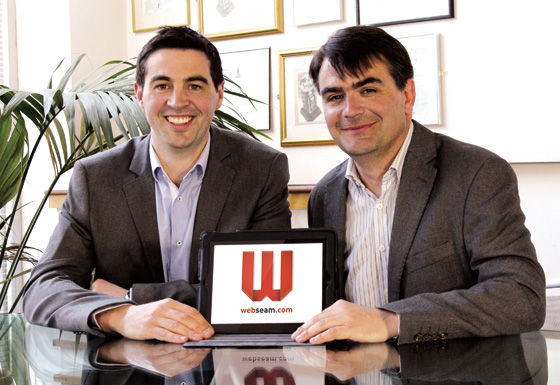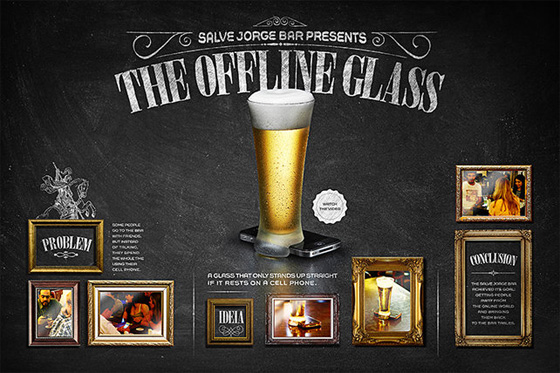Dialogue Marketing has been appointed by digital start up Webseam to devise and implement a complex global digital strategy. Webseam is a web developers dream, coming in at the points of friction for most web projects – customer acceptance, test and signoff.
CTO of Webseam, Charlie Pike, recognised a gap in the market, “As someone who has built and managed hundreds of web projects for large and small institutions, this was the stage that always caused me problems”. Charlie saw that this stage often frustrated clients and developers and his solution is one that allows everyone to work better together ultimately “completing web projects in a professional and cost effective way, and keeping everyone happy”
As one of Enterprise Ireland’s approved digital agencies The Dialogue Network is well used to working with companies in the International space. It has been appointed early in this project because COO Richard Pike recognised the need to get an innovative and fresh approach to the project from an agency that gets the lean start up principles.
“With their experience in Direct Response Marketing, Dialogue understand the sales funnel and to, not just generate leads, but generate leads that we can turn into sales” says Richard Pike, COO of Webseam, he continues “We know our product is a solution to a problem that developers have across the globe, but getting it in front of the right people was the challenge we set Dialogue and they have delivered a strategy that can make this happen”.
“The Dialogue Network is a great fit for tech start-ups, we understand how to work with them, we get the technology and we get customer acquisition and retention.” says Conor Byrne, Head of Digital at The Dialogue Network “Webseam is a platform that is going to take the development world by storm and we are delighted to be there from the start”.
If you would like a beta trial of webseam, contact Charlie.pike@webseam.com.


